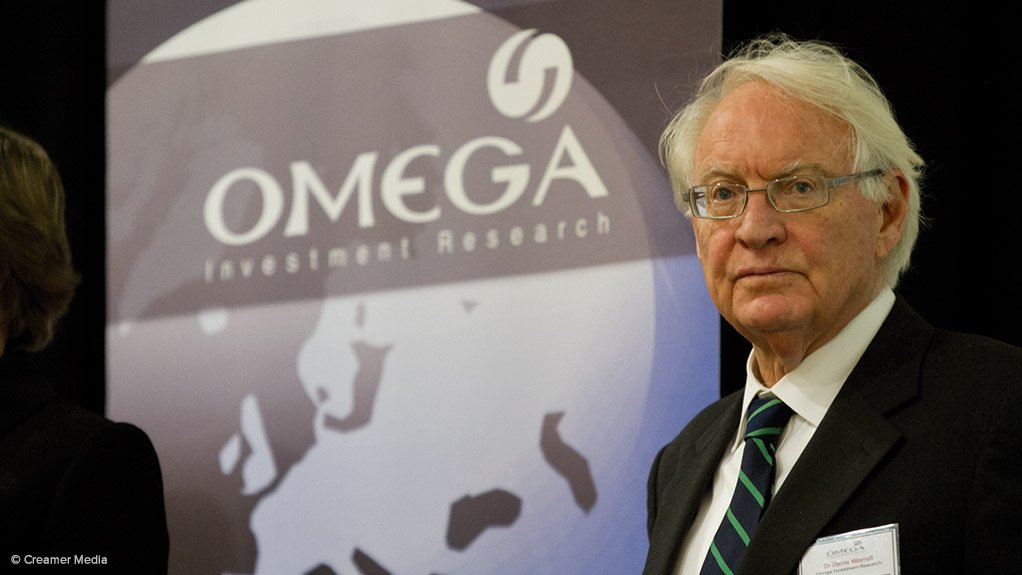Three years ago a leading international auditing firm in a report devoted to Sub-Saharan Africa qualified its generally positive assessment of the continent with what it described as three challenges.
- Africa needed to turn around international perceptions of the continent.
- It needs to accelerate regional integration; and
- Eliminate the infrastructure deficit. Poor infrastructure, it was felt, was a major contribution to Africa's under-development. Investment in the transport, power and communication networks was essential which would encourage regional integration and sustain Africa's growth.
We regard this as fair commentary on Africa in 1911. But as political risk analysts and promoters of investment into Africa, in our opinion the picture has changed – but not evenly or consistently but more in stops and starts.
Firstly, there is greater recognition of the fact that Africa is not a homogenous entity, but is constituted of 54 countries. This is a positive development as it encourages a country – to – country approach. One result is that perceptions of Africa have improved and it is seen to be more stable as country after country has seen governments change through free and fair democratic elections.
The Big Man syndrome – with a couple of exceptions - is a thing of the past. There is greater recognition of the rule of law as African society benefits from the information revolution. Mobile phones are ubiquitous in Africa, spreading political awareness and promoting business connections. To illustrate, the classic case of the African small farmer – often a women – being able to obtain ruling market information and therefore deliver her produce strategically.
All this contributes to a more favourable perception of Africa, which is more stable and more functional. But it is not an inevitable process – as indicated by the ebola outbreak and the Boko Haram terror in Nigeria, now Africa's biggest economy.
Africa's macro economic prospects remain favourable. In 2013 Africa maintained an average growth rate of 4%. This compared to 3% for the global economy; and Africa's growth rate for 2014 is projected to be 5.8%. This is obviously impressive but again there are disappointments – and surprisingly South Africa, Africa's most diverse economy, which is likely in 2014 to grow at a little more than 1% and not likely to do any better in 2015.
What are Africa's main sources of investment and growth? It is again difficult to generalize in this regard because, as we pointed out, Africa consists of 54 countries. On the demand side, the main driving force behind Africa's growth in recent years has been domestic demand as external demand has remained subdued because of a flagging world economy. Commodities, especially minerals, are a major contribution to growth in many African countries, and this has obviously been affected by slower and falling demand.
Nonetheless Africa's trade performance has improved and progress has been made toward greater regional integration with intra-African trade growing, especially in manufactured goods. Agriculture accounts for around 60% of Africa's total employment and 25% of GDP with several countries having between 80 and 90% of the work force employed in this sector. A negative factor is that many African governments don't appreciate the importance of agriculture to a world facing food security issues. The fact is that Africa has 60% of the arable land required to meet future world food shortages. The result is that, Gulf nations are buying large swaths of land in Africa and international companies like Tata of India, have bought and are managing agricultural land in Mozambique.
Possibly the most encouraging development in Africa is the emergence of the African middle class. Aside from bringing ambition, skills and stability, and encouraging the services sector and tourism both into Africa and abroad, the middle class requires better education, improved medical and health facilities with the result that human development conditions in Africa are improving overall.
About a decade ago Africa was written off as the “lost and hopeless” continent - today as foreign investors and tourists from China, the US and Germany fly into Lagos, Nairobi, Accra or Johannesburg, you are more likely to hear “Africa is open for business!”
EMAIL THIS ARTICLE SAVE THIS ARTICLE
To subscribe email subscriptions@creamermedia.co.za or click here
To advertise email advertising@creamermedia.co.za or click here











